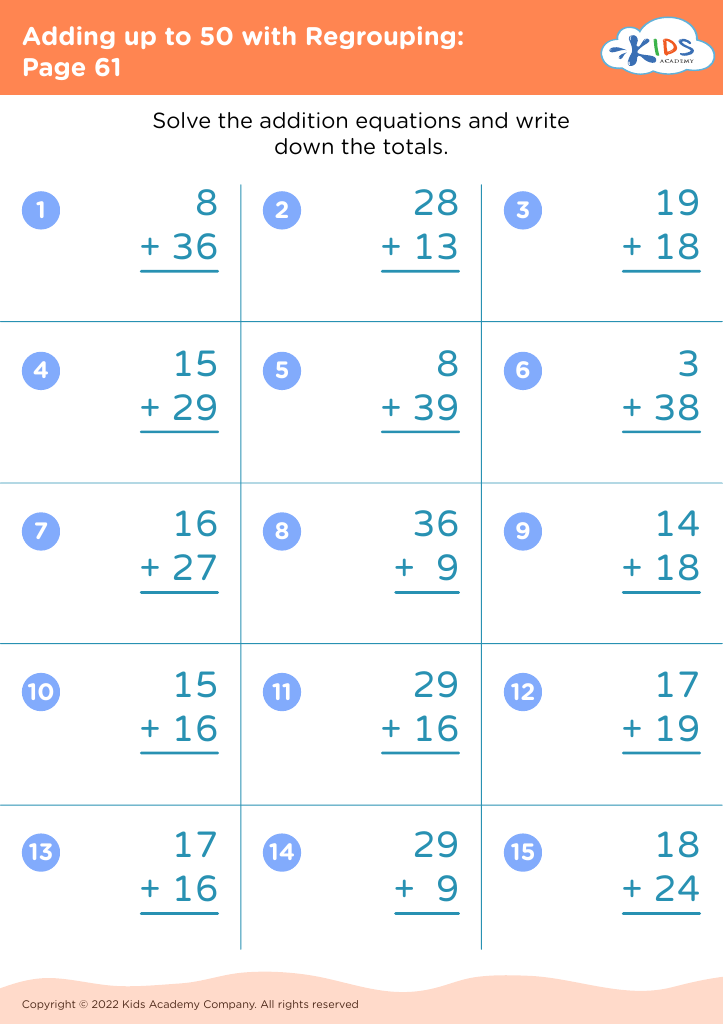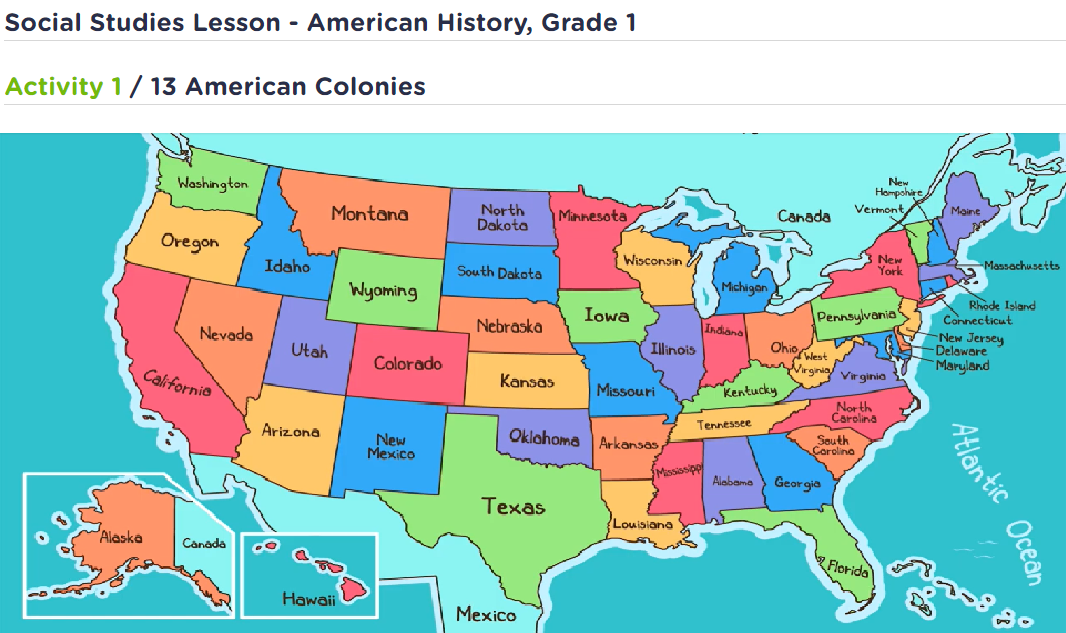Practice inference skills Worksheets for Ages 5-9
4 filtered results
-
From - To
Nurture your child's critical thinking with our "Practice Inference Skills Worksheets for Ages 5-9." Designed to enhance deductive reasoning, these engaging, age-appropriate activities help young learners draw conclusions from given information. Each worksheet encourages kids to think beyond the obvious, improving their comprehension and analytical skills. Fun themes and relatable scenarios make learning enjoyable, ensuring sustained interest. Tailored for early learners, our worksheets support cognitive development and essential life skills. Download today to give your child a head start in mastering inference and boost their overall academic performance. Discover the difference thoughtful practice can make!
Developing inference skills in children ages 5-9 is essential. These skills go beyond simply understanding words or sentences; they encourage kids to read between the lines and understand the underlying meaning of the information presented to them. For parents and teachers, fostering these skills is crucial for several reasons.
Firstly, inference skills are foundational for reading comprehension. Young readers who can infer meaning from texts are able to understand stories more deeply and engage more effectively with the content. This paves the way for lifelong reading habits and academic success.
Secondly, practicing inference supports critical thinking. When children make inferences, they use evidence and reasoning, which strengthens their analytical abilities. This critical thinking is not only vital for academic settings but also for decision-making in real-life scenarios.
Moreover, developing inference skills enhances language development. As children practice making inferences, they expand their vocabulary and improve their ability to articulate thoughts and opinions, leading to better communication skills.
Lastly, nurturing these skills builds emotional intelligence. By inferring emotions and motives, children become more empathetic and socially aware, which aids in forming healthier relationships.
In essence, parents and teachers who prioritize the development of inference skills are equipping children with tools crucial for both academic achievement and personal growth.





















